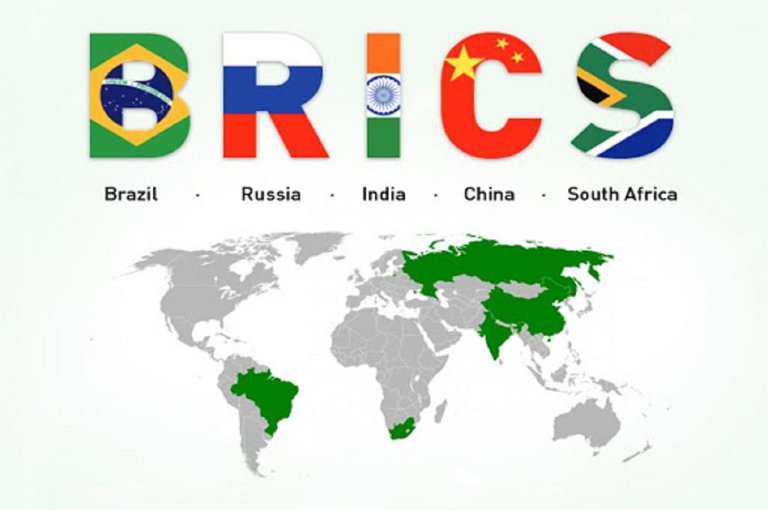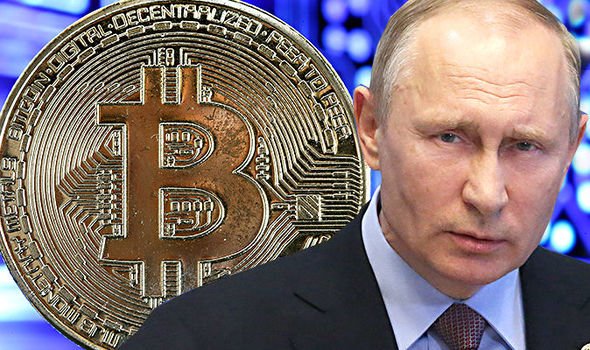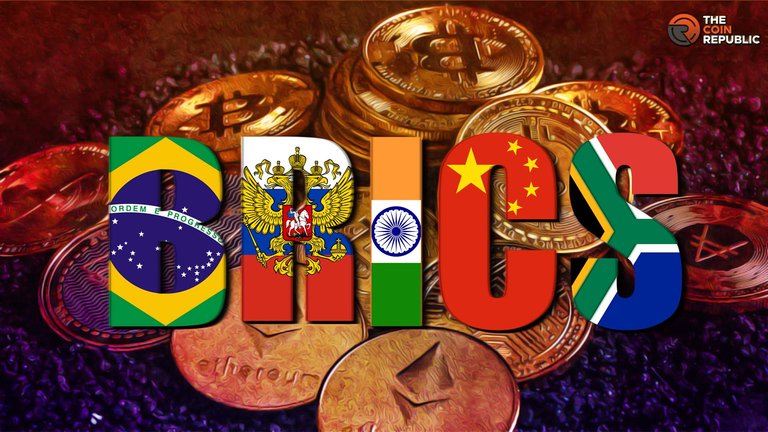
During the first-ever G7 meeting with a dedicated Defense session in Naples, Russian President Vladimir Putin made significant announcements at the BRICS Business Forum, signaling a shift in global economic dynamics. He revealed that the BRICS nations—Brazil, Russia, India, China, and South Africa—have officially adopted cryptocurrencies for investment purposes, marking a crucial step toward new economic strategies within the bloc. In addition, Putin announced the upcoming launch of BRICS Pay, a blockchain-based payment platform aimed at facilitating cross-border transactions among member nations.
A Unified Payment System for BRICS
Putin's speech at the BRICS Business Forum, held in Moscow, outlined the bloc's decision to adopt a unified payment system. This move, described as a potential turning point, underscores BRICS' commitment to leveraging cryptocurrencies and other digital financial technologies. The adoption of crypto investments is seen as a strategic move to enhance economic cooperation within the bloc, positioning BRICS as a key player in the next phase of global development.
Putin emphasized that BRICS, not the Western powers, will lead global economic growth. He highlighted that while the G7 was focusing on defense issues in Naples, BRICS is pioneering economic reforms that could reshape international trade. The announcement comes just ahead of the anticipated 2024 BRICS Summit, where further economic policies and initiatives are expected to be unveiled, including the formal introduction of BRICS Pay.
Focus on Digital Currencies for Emerging Economies

In his remarks, Putin stressed the importance of digital currencies not only for BRICS nations but also for other emerging markets. He argued that the use of digital currencies in investment and payment systems could benefit developing economies by providing more flexible and secure financial solutions. Moreover, he hinted at the development of regulatory frameworks under BRICS institutions to ensure proper oversight of these digital tools.
This marks a major shift in BRICS' financial strategy, as the bloc aims to reduce its reliance on the U.S. dollar in international trade. Over the past year, BRICS members have made concerted efforts to promote the use of local currencies in trade, part of a broader goal to decrease dependence on Western financial systems.
The Role of BRICS Pay and Blockchain in Reducing Dependency
A cornerstone of this new digital strategy is the BRICS Pay platform, a blockchain-based system designed to facilitate cross-border payments. The platform is seen as a key tool for decreasing reliance on Western-controlled financial systems such as SWIFT. Russia and China, in particular, have pushed for the adoption of BRICS Pay as a means of circumventing U.S. sanctions and reducing dependence on the dollar in global trade. By utilizing blockchain technology, BRICS Pay aims to streamline transactions within the bloc and offer an alternative to traditional payment infrastructures dominated by the West.
Russia’s Digital Currency Strategy: Crypto Payments and the Digital Ruble

Russia has been actively pursuing its own digital currency strategy, further demonstrating its commitment to financial innovation. Putin reminded the forum that the BRICS nations have been working on developing their own transaction validation systems, analogous to SWIFT, and have already made use of national digital currencies to fund high-growth projects.
Russia has taken several bold steps toward the use of cryptocurrencies for international payments. In August, Putin signed legislation legalizing cryptocurrency mining and permitting international transactions in digital currencies. This move is part of Russia's broader strategy to counteract the effects of Western sanctions, allowing Russian businesses to use digital currencies for cross-border payments.
Additionally, Russia’s central bank has been testing the digital ruble, with a full launch expected by 2025. This initiative is designed to further strengthen Russia’s financial independence and facilitate smoother, more secure transactions within the BRICS network.
BRICS Expansion and Future Growth
Another major theme in Putin’s address was the ongoing expansion of BRICS. The bloc has recently welcomed new members, including Egypt, Ethiopia, Iran, and the United Arab Emirates, with over 30 other nations expressing interest in joining. The upcoming BRICS Summit in Kazan will assess the inclusion of additional members, further expanding the bloc’s economic influence.
Putin expressed confidence that BRICS will drive global economic growth in the coming years, given the rapid development of its member economies compared to those in the West. He also highlighted Russia’s contributions to BRICS, including initiatives like the creation of a joint cross-border payment system, which will strengthen financial integration within the bloc.

Finally, Putin called on the New Development Bank, the BRICS multilateral institution, to focus its investments in key areas such as technology, infrastructure, e-commerce, and artificial intelligence, particularly in the Global South. These efforts are expected to bolster the economic standing of BRICS and solidify its role in shaping the future of the global economy.
Conclusion: The Rise of a New Economic Powerhouse
Putin's announcements underscore the growing influence of BRICS as a global economic powerhouse. With the adoption of cryptocurrencies for investments, the development of BRICS Pay, and the pursuit of digital currencies like the digital ruble, the bloc is positioning itself to lead in financial innovation and reduce its reliance on Western financial systems. As BRICS continues to expand and integrate emerging economies, its impact on global economic structures is likely to grow, potentially reshaping the landscape of international trade and finance.
